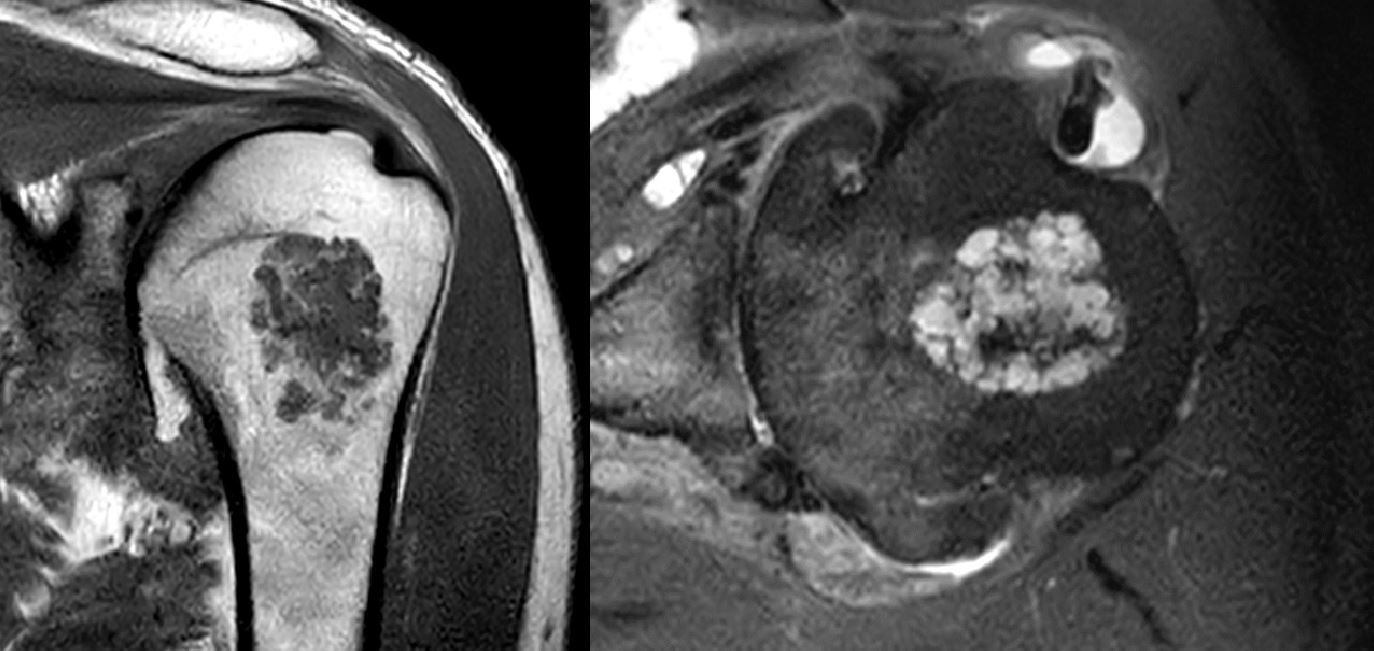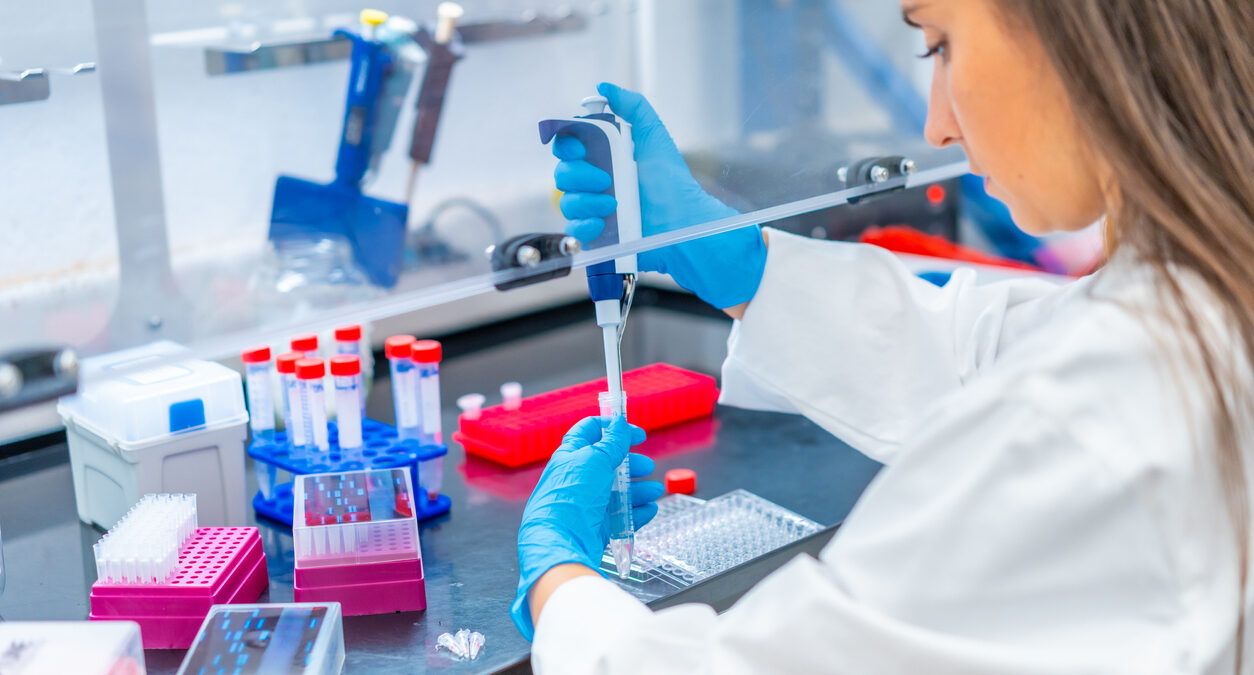Birmingham scientists win funding to develop ‘lollipops’ for mouth cancer diagnosis
A ‘lollipop’ that can diagnose mouth cancer early could become a reality, thanks to a pioneering project funded by Cancer Research UK and the Engineering and Physical Sciences Research Council (EPSRC).
Scientists at BHP founder-member the University of Birmingham have been awarded £350,000 over the next three years to develop a prototype flavoured ‘lollipop’ from a material called a smart hydrogel.
Smart hydrogels – previously developed by the University’s Dr Ruchi Gupta and her team – work a bit like a fishing net: they absorb large quantities of water while ‘catching’ larger molecules, such as proteins. The ‘net’ can then be cut open to release the larger molecules for analysis in the lab. The idea is that patients suck on the lollipop, transferring a saliva sample into the hydrogel. Scientists can then release the ‘caught’ proteins by blasting the hydrogel with UV light and then analyse the liquid for saliva proteins which indicate the early stages of mouth cancer.
Around 12,400 people are diagnosed with cancers of the head and neck in the UK every year*. Currently, diagnosing mouth cancer can involve putting a flexible camera on the end of a tube through the nose or mouth and taking a biopsy for testing. This procedure is invasive, time-consuming and requires an endoscopist.
Mum of five, Rachel Parsons, needed a biopsy after being referred to Coventry University Hospital with a lump on her cheek in 2008. She admits she was unprepared for the procedure which, in her case, turned out to be painful.
“I had no idea what a biopsy really was,” said Rachel, from Coventry. “I had the kind of injection you get at the dentists and, when it wore off, it was really sore because I’d needed stitches.”
That was just the beginning of a 12-month nightmare for Rachel who ended up needing a nine-and-a-half-hour operation to remove a cancerous tumour from her cheek and replace the skin with tissue and veins from her forearm.
“The thought of putting a lollipop round your mouth instead of having a biopsy in the first instance is amazing,” said Rachel who has spent years as a patient ambassador, campaigning for more awareness of mouth cancer. “I wish something like that had existed when I was diagnosed.”
Dr Ruchi Gupta, Associate Professor of Biosensors at the University of Birmingham, said she was thrilled to receive funding to begin the next phase of the project: “Smart hydrogels have really exciting potential for diagnosing mouth cancer,” she said. “They can be easily moulded into shapes as a solid to ‘catch’ proteins in saliva.
“We’re really excited to start the next phase of this project. We’re hoping that we can be the first to make a device which is much kinder for diagnosing mouth cancer for patients and easier for GPs to use.”
Rachel, who still has numbness around her face and can’t open her mouth wide enough to eat a burger, added: “I’m so grateful for the research and treatment that saved my life. Things have improved immensely since then but what’s happening now could be absolutely brilliant for people diagnosed in future.”
Executive Director of Research and Innovation at Cancer Research UK, Dr Iain Foulkes, said: “Biopsies and nasoendoscopy are the gold standard for diagnosing mouth cancer, but it requires great skill to carry out and can feel unpleasant for patients. We want an accurate, faster and kinder alternative test which can help us diagnose cases of mouth cancer sooner.
“This project is an exciting first step towards an entirely new way to identify mouth cancers earlier. Research like this is guiding us towards a future where people can live longer, better lives, free from the fear of cancer.”





